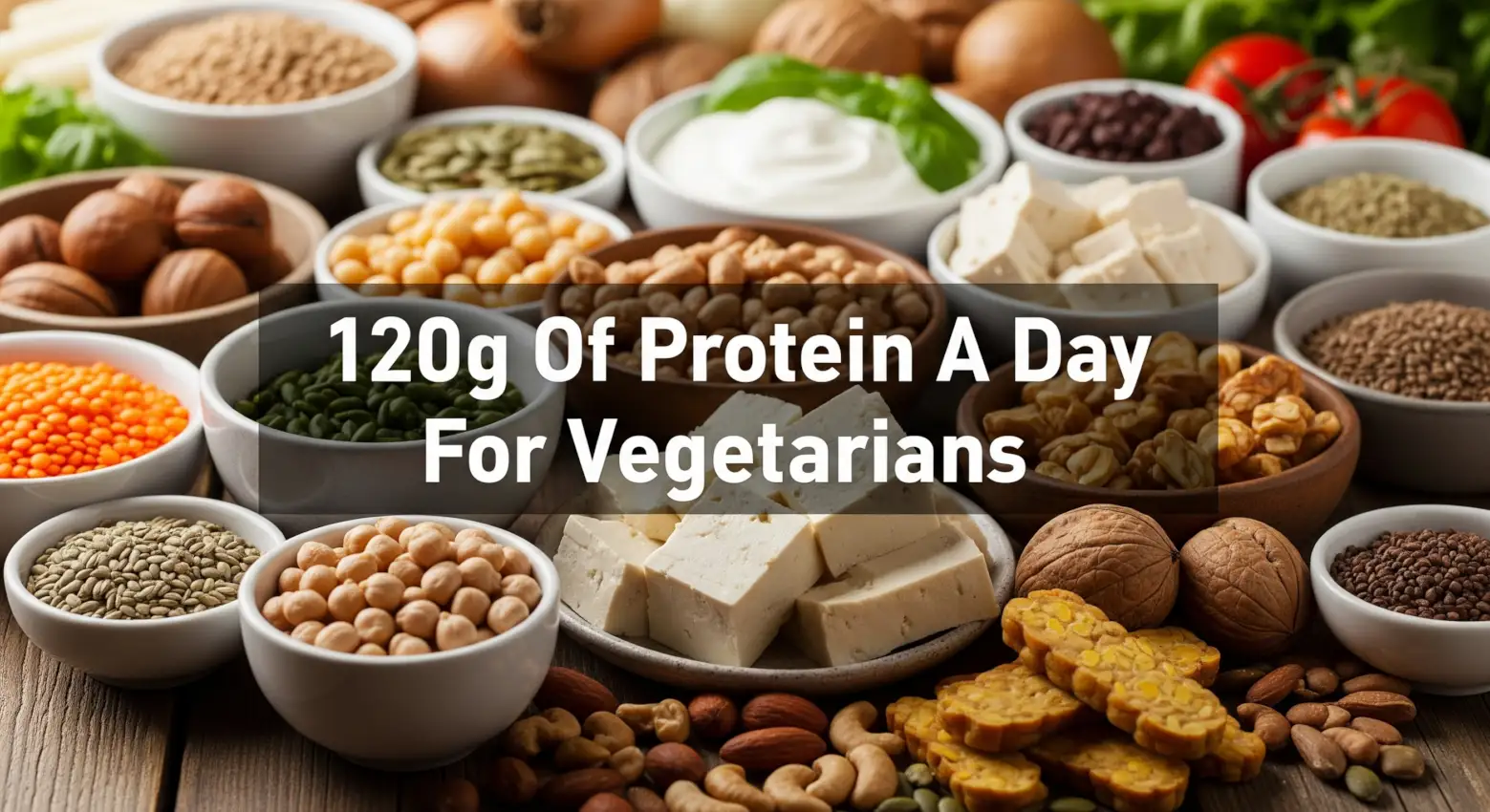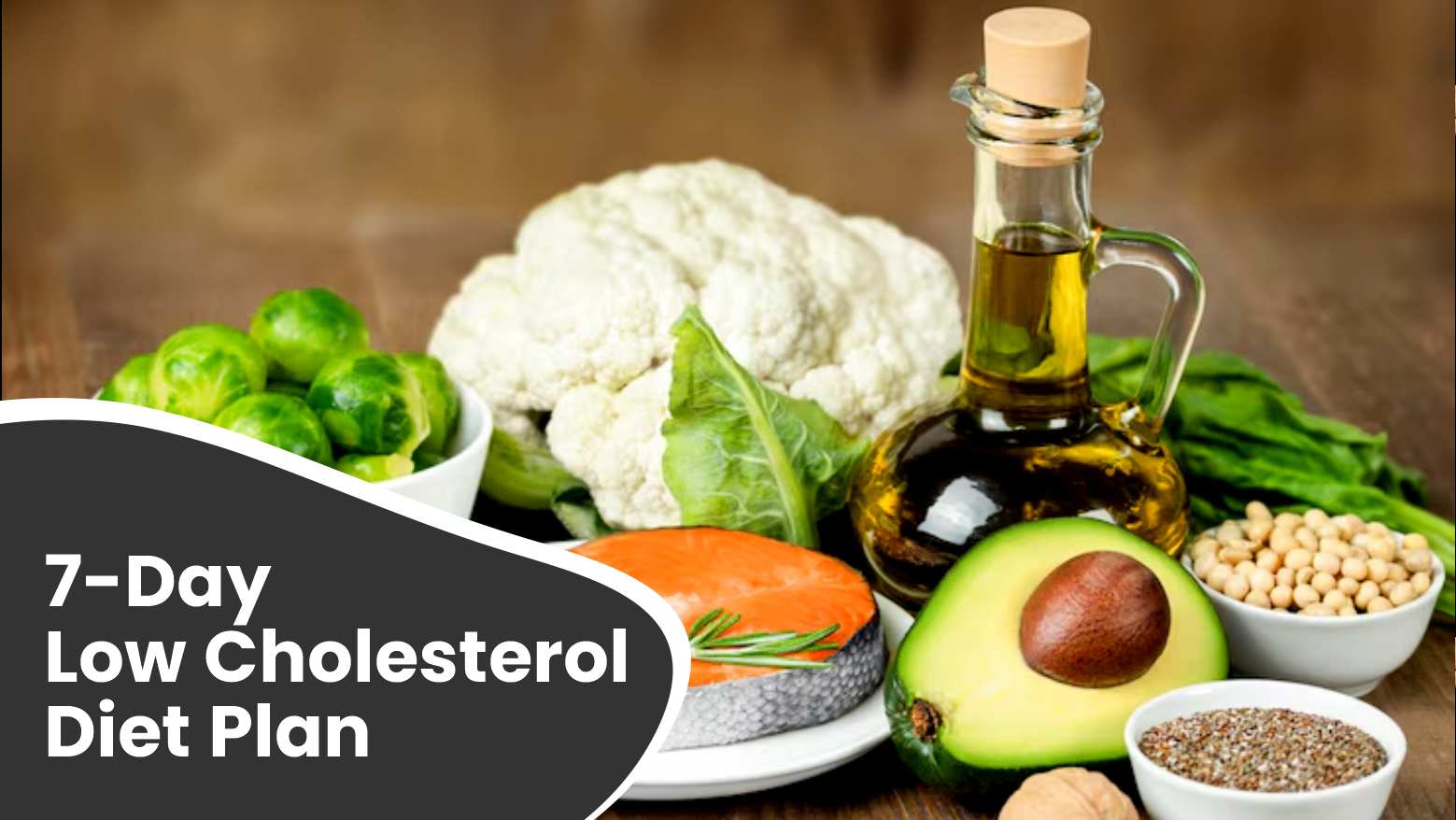'Sunday ho ya Monday, roz khao ande' has been one of the most famous taglines to remind you of the benefits of eggs and how eating them every day is beneficial. However, despite being one of the best sources of lean protein, egg allergy is one of the most prevalent food allergies, especially in children.
Egg allergy can cause a variety of symptoms that might vary in intensity. People with an egg allergy may react after eating eggs or products containing eggs. This can result in symptoms like hives, skin rashes, respiratory troubles, digestive problems like nausea or diarrhoea, and, in extreme situations, anaphylaxis, a potentially fatal reaction that needs to be treated right away.
Some people may also experience more minor symptoms, such as weariness or flare-ups of eczema. For individuals impacted, it is essential to comprehend these signs since prompt identification and treatment can lessen the likelihood of severe reactions and enhance quality of life. Read along to learn about egg allergy symptoms in detail, along with its duration and severity, how to cure it and whether there is a way to consume it even with an allergy.
Table Of Contents
1. Egg Allergy in Adults: 4 Egg Allergy Symptoms You Need To Be Aware Of
2. Duration And Severity Of The Egg Intolerance Symptoms
3. How To Cure An Egg Allergy?
4. Can I Reverse My Egg Allergy?
5. How To Eat Eggs If You Are Allergic?
6. Dietitian's Recommendation
7. The Final Say
8. FAQs
9. References
Egg Allergy in Adults: 4 Egg Allergy Symptoms You Need To Be Aware Of
Hold your horses because the egg allergy could cost you a lot.

An egg allergy happens when the immune system mistakenly sees some proteins in eggs as dangerous, leading to an allergic reaction. Proteins found in eggs can trigger allergic reactions, which proteins in the egg white, egg yolk, or both may cause. Although egg yolks have allergenic proteins, allergic reactions are more commonly triggered by egg white proteins such as ovalbumin, ovotransferrin, and ovomucoid.
Symptoms of egg allergies can appear in different forms, and the intensity of these symptoms may differ from individual to individual. Egg product-related reactions usually happen shortly after consumption or exposure, usually within minutes to a few hours.
The following are typical egg intolerance symptoms:
1. Skin Reactions
A skin reaction is one of the most common signs of an egg allergy. This can range from mild itching or redness to more severe conditions, such as:
- Hives (Urticaria)
Hives are red, elevated, and itchy bumps that develop on the skin. One of the key symptoms of an allergic reaction, especially in cases of egg allergies, is hives. Hives can develop shortly after eating eggs or being exposed to egg proteins in minutes or a couple of hours.
The welts differ in size and can appear all over the body, sometimes expanding and joining together to form bigger areas.
- Eczema (Atopic Dermatitis)
An egg allergy can worsen eczema, a long-lasting skin issue. Individuals with eczema and egg allergies frequently have flare-ups when they come into contact with egg proteins.
These outbreaks cause areas of dry, red, and itchy skin that may become inflamed and cracked. Eczema is frequently seen on the face, arms, and legs of infants and toddlers with egg allergies, as they are particularly susceptible to this condition.
- Angioedema
Angioedema is a more profound type of swelling that may occur below the surface of the skin. It frequently impacts regions such as the eyelids, lips, face, and throat. In contrast to hives, angioedema does not result in itching but can lead to painful swelling.
While uncommon in egg allergy situations, angioedema is a severe symptom that may need urgent medical care, particularly if it impacts the throat and breathing.
Consider ToneOp Care’s Skin 360 effervescent tablets to get rid of skin disorders such as rashes and allergic breakouts.
2. Gastrointestinal Symptoms
Digestive problems are often seen in children with egg allergies. These symptoms frequently occur soon after consuming foods that contain eggs and may involve:
- Nausea: Feeling of sickness or discomfort in the stomach, sometimes accompanied by a desire to vomit.
- Vomiting: The body's way of expelling the allergenic substance, which can happen almost immediately after ingestion.
- Diarrhoea: Loose, watery stools may occur as the body attempts to rid itself of the allergen. To manage diarrhoea symptoms, take Isab Go+ sachets.
- Stomach Pain And Cramping: The immune system reacts to the allergen in the digestive tract, causing these symptoms.
To balance your gut health, stop having eggs altogether and go for a gut-friendly Dal Khichdi recipe, which is mild and easy to digest. You can also improve your gut health by taking ToneOp Care’s Gastro Health Care Combo.
3. Respiratory Symptoms
Egg allergy can sometimes affect the respiratory system, leading to symptoms such as:
- Runny Or Blocked Nose: Like hay fever symptoms, some people may have nasal congestion, sneezing, and a runny nose after eating eggs.
- Coughing or Wheezing: This can be alarming because it may indicate that the airways are narrowing.
- Breathlessness: A more severe indicator, breathlessness, can happen when the air passages become constricted, making breathing challenging.
- Anaphylaxis: In severe yet uncommon instances, an egg allergy may result in anaphylaxis—a potentially fatal allergic response that necessitates urgent medical care. Signs of anaphylaxis can include trouble breathing, throat swelling, fast or weak heartbeat, and sudden decrease in blood pressure.
4. Oral Allergy Syndrome
Oral allergy syndrome (OAS) can also be experienced by certain people who have egg allergies. This slight allergic response usually affects the lips, tongue, throat, or mouth.
Signs of illness consist of:
- Feeling Of Itchiness Or Tingling: This may happen right after eating eggs or egg-containing foods.
- Inflammation: Slight inflammation in the lips, tongue, or throat may arise, but it resolves swiftly.
Duration And Severity Of The Egg Intolerance Symptoms
Here is how severe these allergies can be and how often they can last:
1. Mild Reactions
Mild responses frequently include skin issues, like hives, and slight digestive unease, such as nausea. Typically, these symptoms can be controlled with antihistamines or by steering clear of the allergen.
2. Moderate To Severe Reactions
For moderate to severe reactions, including swelling, vomiting, or respiratory symptoms, immediate medical attention is necessary. People with confirmed egg allergies must always keep emergency medications, like an EpiPen, easily accessible.
3. Anaphylaxis
Anaphylaxis is the most serious and potentially deadly allergic response. It usually happens shortly after exposure and can rapidly worsen, affecting various bodily systems.
Signs of anaphylaxis in people include trouble breathing, inflammation of the throat and air passages, a decrease in blood pressure, lightheadedness, or passing out.
Anaphylaxis is a critical medical situation that necessitates prompt administration of epinephrine and urgent medical attention.
How To Cure An Egg Allergy?
Currently, there is no cure for an egg allergy. Avoiding eggs and products containing eggs is the most effective way to manage it. An egg allergy occurs when your immune system mistakenly identifies proteins in eggs as harmful, triggering an allergic reaction. Research on potential treatments like oral immunotherapy (OIT), where very small amounts of egg protein are introduced to build up tolerance gradually.
However, this treatment is still not widely available and carries some risks, as it can sometimes cause allergic reactions during the process. In many cases, especially in children, the allergy may lessen or disappear as the immune system matures. Around 70% of children with egg allergies outgrow it by their teenage years.
Can I Reverse My Egg Allergy?
The process of reversing an egg allergy is unique to each person and is complicated. Adults are less likely to have remission from their egg allergy, but some kids may outgrow them as they become older—typically by the time they start school.
According to current studies, Oral immunotherapy may help manage or desensitise an egg allergy. Under medical supervision, this technique gradually introduces little egg protein, which may eventually retrain the immune system to tolerate eggs. However, this procedure is not always successful and is to be followed only under the supervision of a medical expert or allergist.
It's also important to remember that severe allergic reactions might result from self-treatment or from trying to introduce eggs without medical supervision. Some people may be able to desensitise successfully, while others may need to strictly avoid eggs and goods containing eggs to manage their allergy. Speaking with an allergist is essential for individualised approaches and staying up to date on the most recent findings and available treatments for egg allergy.
Also Read: Master The Vegan Meal Planning For Weight Loss | ToneOp Eats
How To Eat Eggs If You Are Allergic?
Eating eggs can trigger mild to severe allergic reactions if you're allergic to eggs. However, in some cases, individuals with an egg allergy can tolerate baked eggs. The proteins in eggs can be altered when cooked at high temperatures (above 350°F or 180°C), making them less likely to cause a reaction.
Foods like muffins, cakes, or cookies, where eggs are fully baked and mixed with other ingredients, might be tolerated. However, not everyone with an egg allergy can safely eat baked eggs.
ToneOp Fit’s Balanced Diet Weight Loss Plan can help you get balanced nutrition guidance from an expert coach who can help you replace your dietary requirement of eggs with an equally rich protein option that may be suitable for you.
Dietitian's Recommendation
To manage egg allergy symptoms, focus on whole, unprocessed foods like fruits, vegetables, legumes, and lean meats, which are naturally egg-free. When baking, use egg substitutes like flaxseed to maintain texture. Carefully read labels, as eggs can be hidden under names like albumin or ovomucoid in many processed foods. Try baked goods containing eggs if tolerated, as heat can break down egg proteins.
Dt. Akshata Gandevikar
The Final Say
An egg allergy can present many symptoms, from mild skin reactions to severe anaphylaxis. Understanding the egg allergy symptoms and how to manage them is essential for individuals and families dealing with this condition. With the proper knowledge, precautions, and medical care, individuals with egg allergies can lead healthy and fulfilling lives while minimising their risk of allergic reactions.
FAQs
1. What are the common symptoms of allergic reaction to eggs?
Some commonly appearing egg allergic reaction symptoms are:
- Skin reactions: itchy bumps, flare-ups
- Nausea, vomiting
- Diarrhoea
- Breathlessness
- Coughing or wheezing
- Slight inflammation in the lips, tongue, or throat
2. How quickly do egg food allergy symptoms appear?
Symptoms usually appear within minutes to a few hours after consuming eggs or egg products. Mild reactions, such as skin rashes, may develop quickly, while more severe symptoms, including gastrointestinal or respiratory issues, can take longer to manifest.
3. Can an allergic reaction to eggs give me digestive issues?
Yes, common digestive symptoms of egg allergies include nausea, vomiting, stomach pain, and diarrhoea. These reactions occur when the body’s immune system responds to egg proteins in the digestive tract, causing inflammation and discomfort.
References
- https://www.mayoclinic.org/diseases-conditions/egg-allergy/symptoms-causes/syc-20372115
- https://my.clevelandclinic.org/health/diseases/25086-egg-allergy
- https://www.medicalnewstoday.com/articles/egg-allergy
About ToneOp Eats
ToneOp Eats is your go-to health kitchen, delivering nourishing meals in Bhopal, Indore & Bangalore. The meals are prepared with strategically planned nutrition and portions for your health goal. With just three simple steps, you can subscribe to a meal plan for weight loss, muscle gain, or balanced diet goals. Experience the perfect blend of taste and wellness in our nutrient-dense and calorie-counted range of meals, including protein-rich grills and meal bowls, full of fibre salads & smoothies, workout-friendly protein 30,40,50 meals and refreshing juices.



































